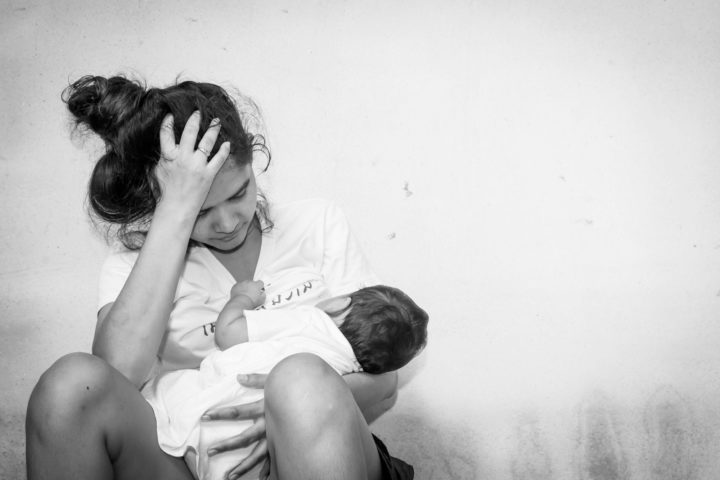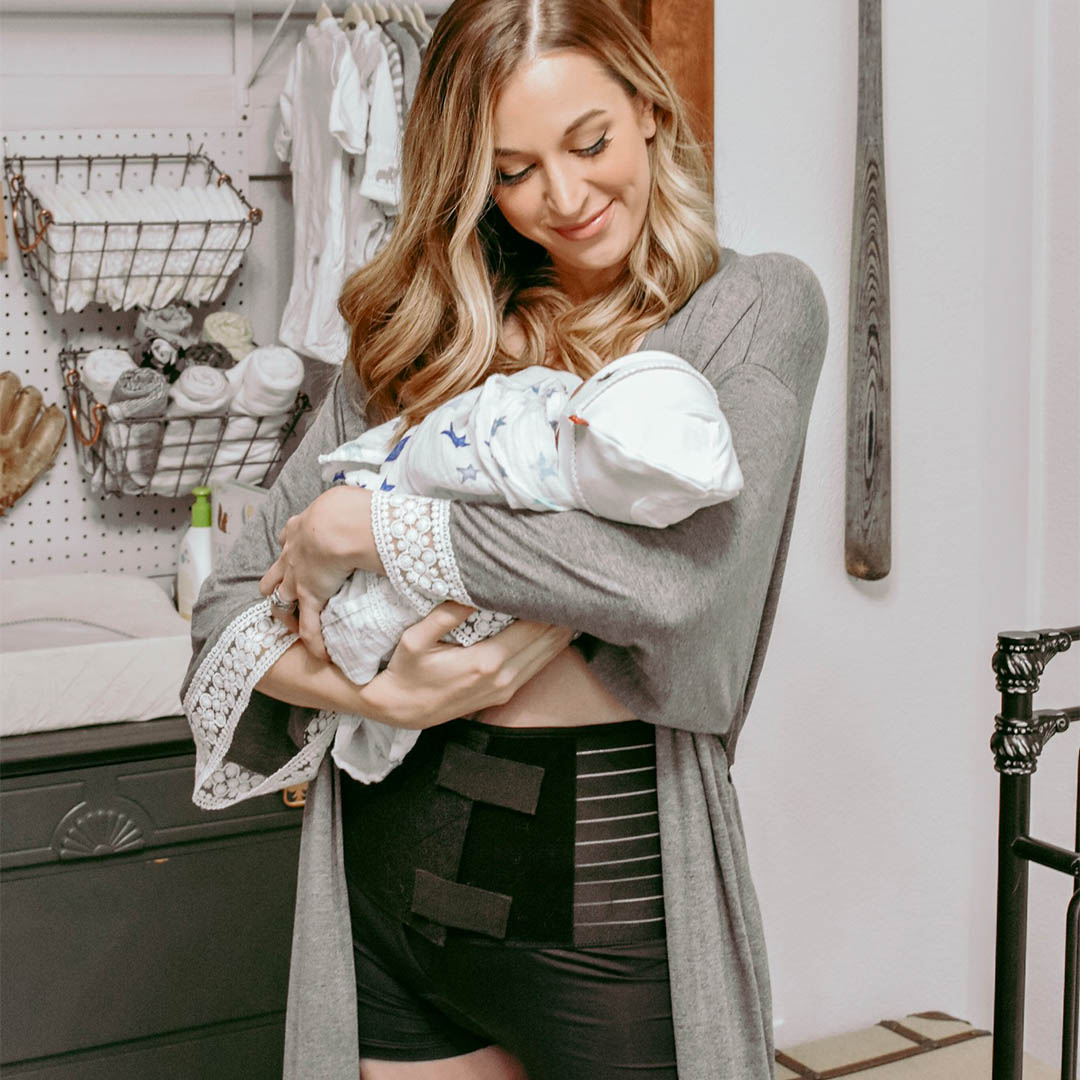They say it takes a village. This used to be literally true when a woman would give birth in a small village she was rallied around by other members to provide her with all she would need for recovery like food, child care, and emotional support. But times have changed, and so has the postpartum support system.
Before delivery there are celebrations and parties and games to welcome the new baby in, but many women talk about how all those people disappear after giving birth. Support from partner, friends and family are arguably more important after the baby has arrived. Your sleep is messed up, the dishes can start to stack, and you may still be experiencing pain that makes it difficult to do basic tasks. Societal changes like living further away from family, an increase in people working from home, and poor family leave assistance have all contributed to the isolation many experience during postpartum.
This is a recipe for increased feelings of depression, loneliness, of being overwhelmed. Friends and family can not only alleviate the work that goes into caring for a newborn, but can be the first line of defense in spotting postpartum depression or other physical and mood disorders. Help from others is not only critical for a new mama, but also a new baby. The early postpartum stages are crucial for bonding, and poor bonding can have longterm effects on a child’s social, emotional and potential for thriving development.
It’s not easy to talk to the people in your life about making sure they’re there for you in all the ways you need them to be. But getting the conversation started sooner than later can hopefully make them more informed and well prepared for the roles they can take on. Grab your most Type A personality friend and tell her to organize a spreadsheet with weekly chores that friends can be recruited to help with, you’ll be surprised at how willing people can be to help if you reach out.
If you feel depressed or suicidal, please seek help immediately. Postpartum International is a wonderful organization with resources for women and their families.
 The mission of Postpartum Support International is to promote awareness, prevention and treatment of mental health issues related to childbearing in every country worldwide.
The mission of Postpartum Support International is to promote awareness, prevention and treatment of mental health issues related to childbearing in every country worldwide.and by educating and training the professional community and the public.







